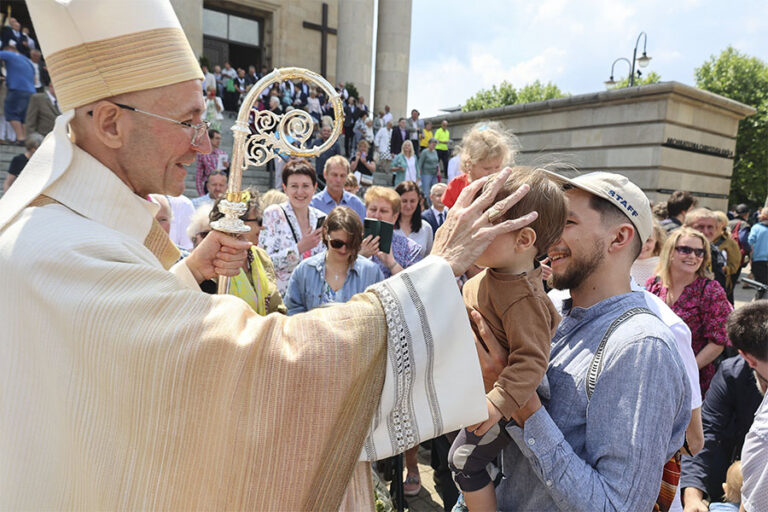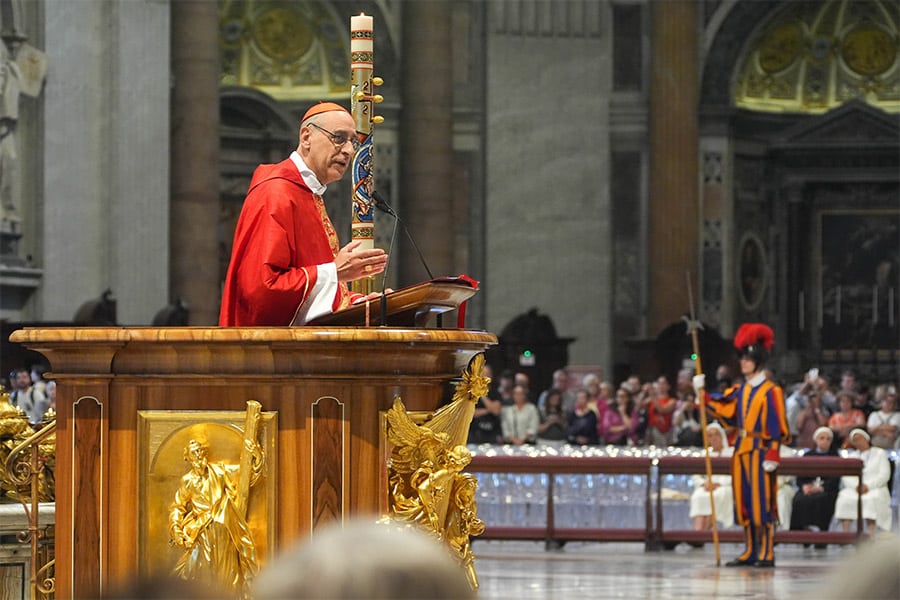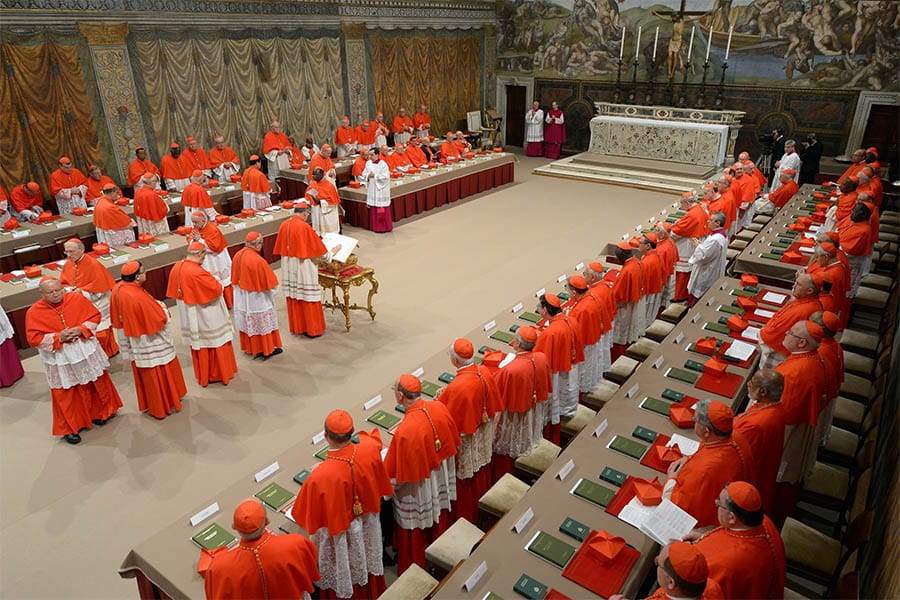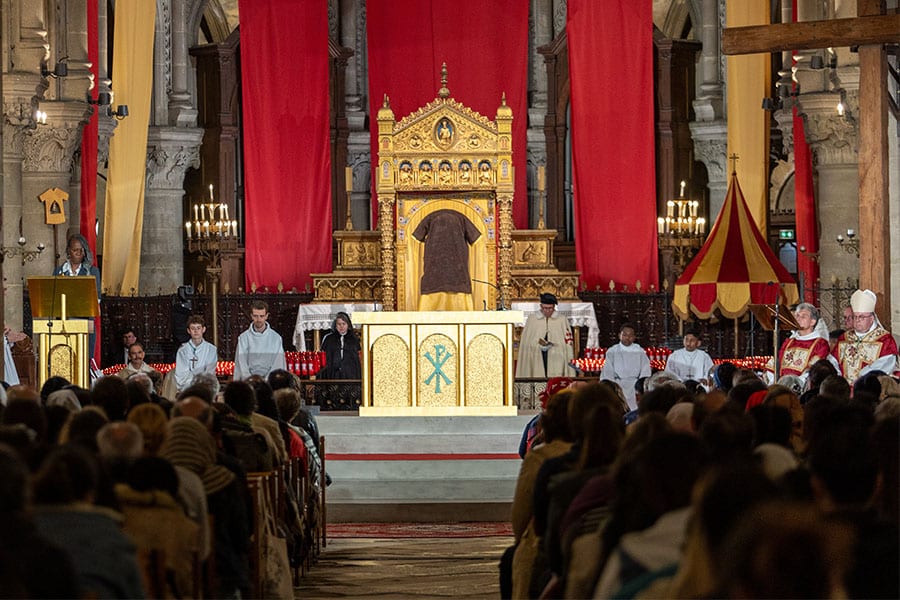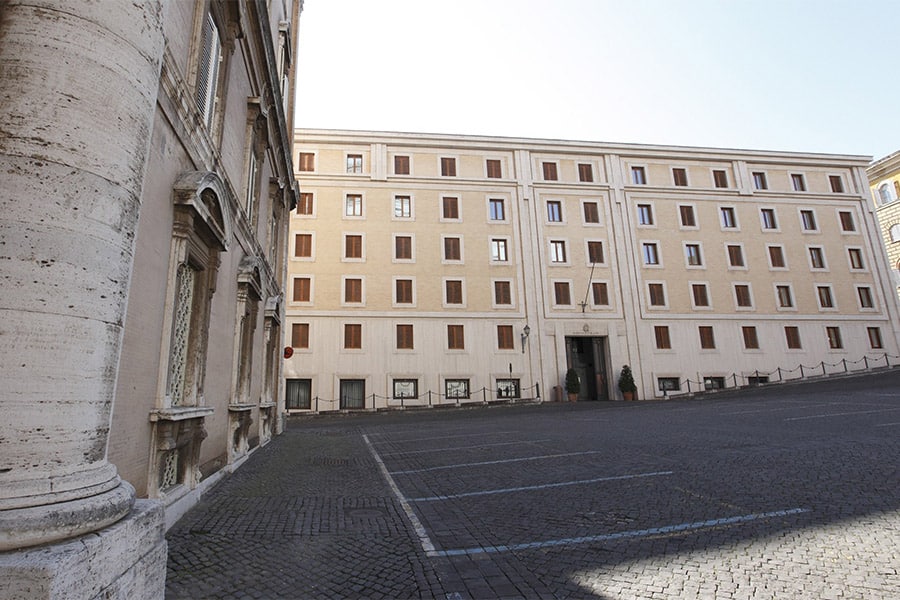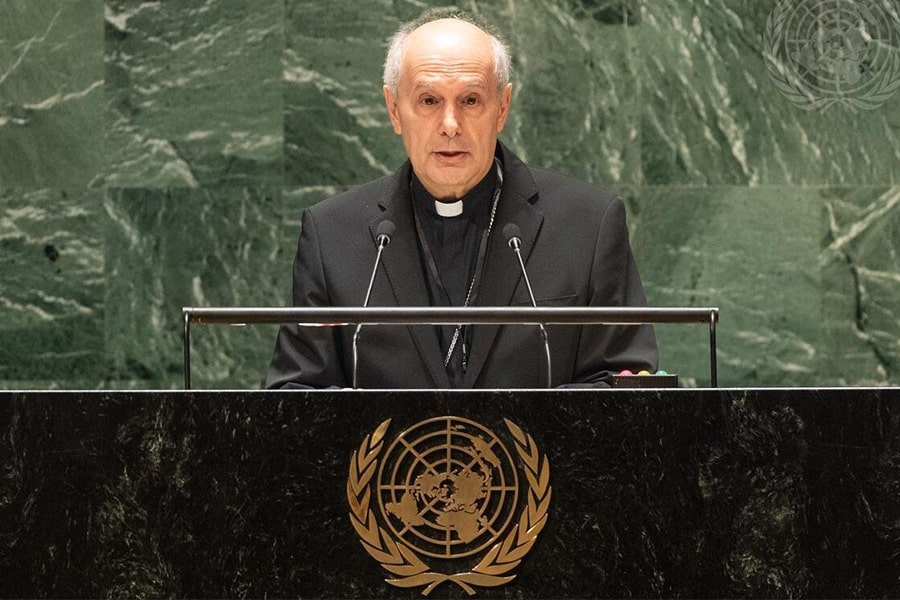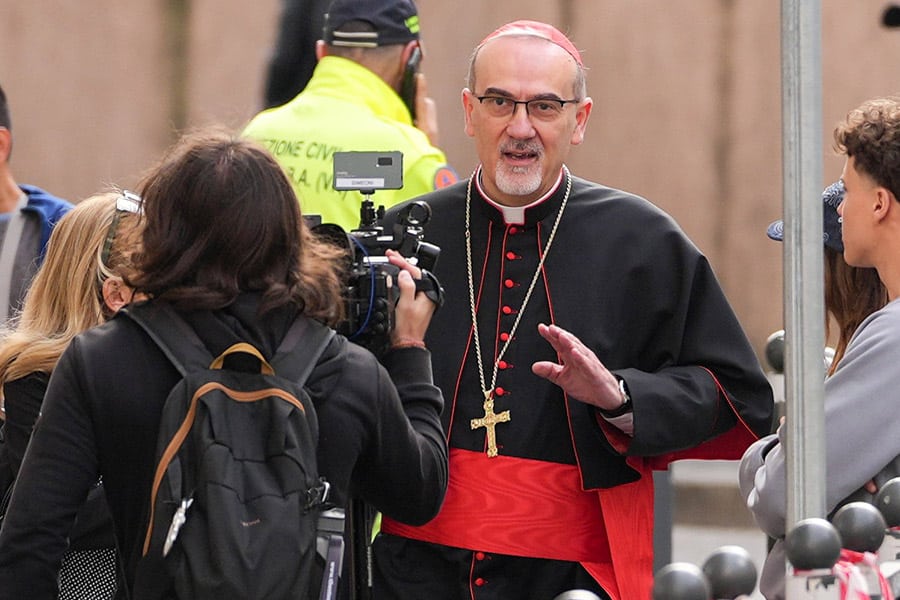When a new archbishop takes charge of Poland’s key Warsaw Archdiocese Dec. 14, his progress will be watched closely by those favoring change in the country’s Catholic Church.
“He’s our first truly synodal archbishop, chosen by the pope as someone who reflects his way of thinking,” explained Marcin Przeciszewski, director of Poland’s Catholic Information Agency, KAI.
“Francis is showing what he wants for us — a church free from politics and focused on pastoral work, but also open to dialogue with the world and those who risk abandoning the faith.”
The lay Catholic spoke ahead of the installation of Archbishop Adrian Galbas, a member of the Society of the Catholic Apostolate, or Pallottines, who was reassigned to the Polish capital after just 18 months as head of the southern Archdiocese of Katowice.
In an OSV News interview, Przeciszewski said the 56-year-old archbishop’s quick advancement signaled the pope’s wish for “greater dynamism and renewal” in Poland at a time of dwindling vocations and Mass attendance.
Meanwhile, a Katowice-based Catholic editor told OSV News that Archbishop Galbas had been “much liked” by local priests for his “direct, fraternal style” and “precious pastoral openness” to daily problems.
“Though he didn’t have time for major institutional or structural reforms here, he was highly visible,” said Father Adam Pawlaszczyk, editor of the Gosc Niedzielny Catholic weekly.
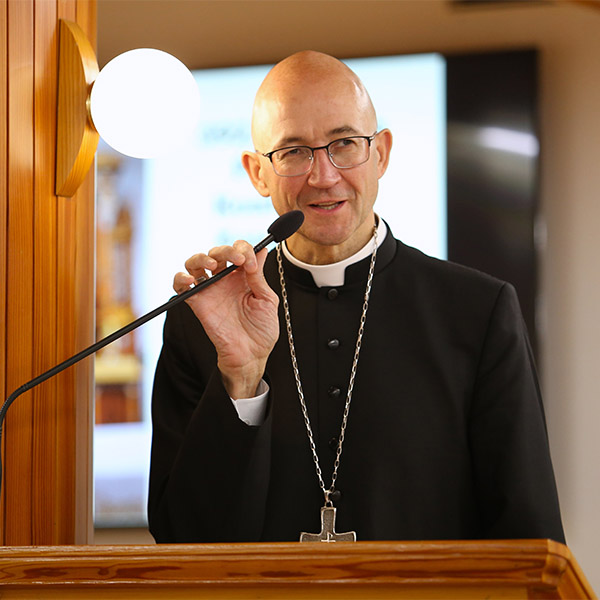
“He’s a new type of church leader, who reflects the pope’s championing of the human person. We must hope he exerts a strong influence in shaping a new synodal church in Poland and abroad,” the priest said.
The Nov. 4 appointment of Archbishop Galbas to succeed Cardinal Kazimierz Nycz followed the conclusion of the church’s three-year Synod on Synodality, which he attended in Rome as the Polish bishops’ delegate in 2023.
Among reactions, Poland’s center-left Polityka weekly said the pope’s choice of Archbishop Galbas should prove acceptable to “both conservatives and liberals,” while the online Catholic Wiez journal said Archbishop Galbas had condemned religious fundamentalism as “the enemy of faith” and become known as “a bishop for people fighting an uphill battle with God.”
In his OSV News interview, Father Pawlaszczyk said the archbishop had “significantly changed the atmosphere” during his short spell in Katowice, with local Catholics “pinning hopes” on his reformist outlook.
Meanwhile, Przeciszewski said Archbishop Galbas was known as an “approachable pastor” and “person of deep faith,” who had imbibed the Pallottine ethos of “openness to laypeople.”
“While he’ll certainly defend the interests of church and faithful, he’ll also seek common ground, however difficult,” the KAI director told OSV News.
“This readiness for dialogue and cooperation is crucial in a city like Warsaw, where Poland’s political authorities and cultural circles are all concentrated.”
Born in 1968 in Bytom, Archbishop Galbas joined the Pallottines in 1987, becoming a priest in 1994 after training at the order’s Oltarzew seminary.
Following parish work in Lódz, he studied pastoral theology and journalism at the Catholic University of Lublin, before serving as rector of Poznan’s St. Wawrzyniec Parish in 2003-2011 and eight years as Pallottine provincial superior.
In December 2019, he was named auxiliary bishop of the northeastern Diocese of Elk, urging Catholics in his inaugural homily not to treat him “like a porcelain doll,” before being sent two years later by Pope Francis to Katowice as coadjutor, being installed as archbishop there in June 2023.
The archbishop’s rapid rise coincides with tension between Catholics seeking a more open, collaborative pastoral atmosphere in Poland and supporters of a more traditionalist, hierarchical church, and follows the pope’s September 2023 appointment of the reformist Archbishop Grzegorz Rys of Lódz as a cardinal.
In a commentary, the KAI agency said Archbishop Galbas, who also administered Poland’s Sosnowiec Diocese after its bishop’s scandal-related September 2023 resignation, would encourage “unequivocal and uncompromising action” against sexual abuse.
It recalled that he had urged Katowice Catholics in April 2023 not to treat clergy “like sacred cows,” but to criticize their mistakes when necessary.
A continued church decline in Poland was confirmed Dec. 5 in a new Church Statistics Institute report, which put average Mass attendance at 29% across Poland, alongside a sharp fall in baptisms and church marriages, and a smaller decrease in first Communions and confirmations.
The Polish church, currently boasting 23,612 diocesan priests — 153 fewer than a year earlier — is also in conflict with the government of Prime Minister Donald Tusk over plans to liberalize abortion, legalize same-sex partnerships and restrict religious education in state schools.
Przeciszewski said he believed Archbishop Galbas could help ease tensions as a member of Poland’s negotiating joint church-state committee.
The archbishop’s Warsaw appointment marks the first in a series of keenly anticipated nominations in the church in Poland, which will include successors to Archbishop Marek Jedraszewski of Kraków, who reached retirement age in July, but remains in office at the request of Pope Francis, and Archbishop Stanislaw Gadecki of Poznan, who reached retirement age in October.
In a Polish Press Agency commentary, journalist Tomasz Terlikowski said Archbishop Galbas’ rapid transfer from Katowice to Warsaw signals a “serious problem” in the Polish church, in highlighting “how few bishops there are who are suitable for such high positions and who also represent the option of Pope Francis — which is not at all obvious in Poland.”
Warsaw, Kraków and Poznan are among the most powerful sees in the predominantly Catholic country, claiming outspoken pastors including Cardinal Karol Wojtyla, later St. John Paul II, and Blessed Cardinal Stefan Wyszynski, Poland’s late “Primate of the Millenium,” both of whom were heroic figures of resistance against communist rule.
Archbishop Galbas “is open to young people and looking for new ways to reach them, which is very important given rapid secularization in the Warsaw Archdiocese,” Terlikowski said, stressing challenges the new prelate will face in the modern Polish capital.
Read More World News
Copyright © 2024 OSV News

